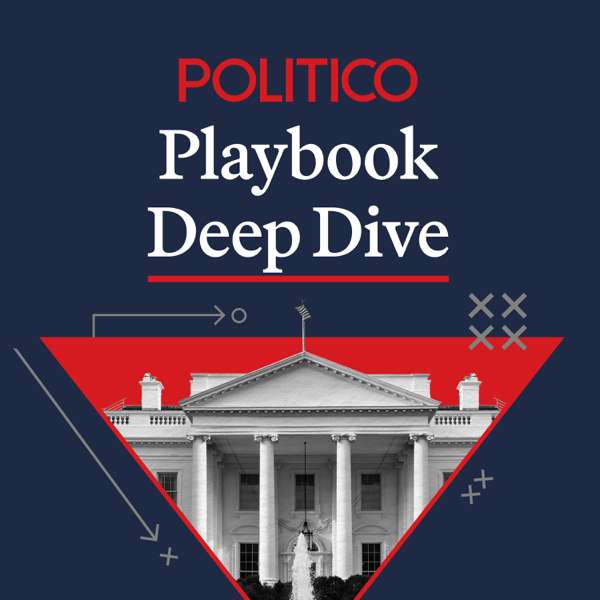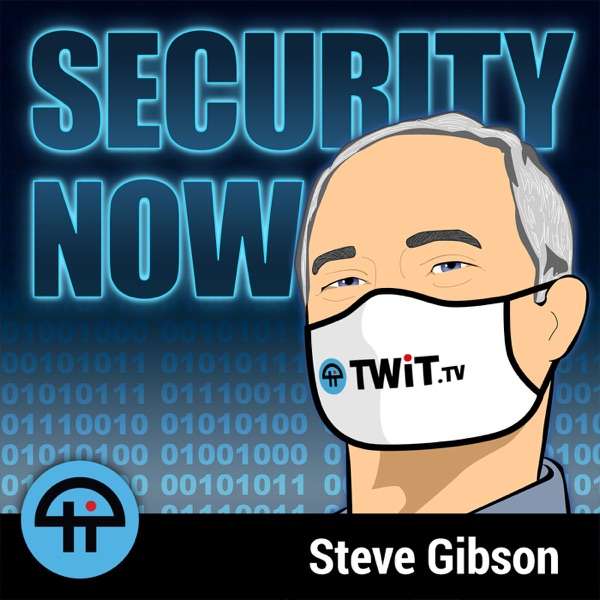Welcome to the companion blog for the Water Lobby podcast! In our sixth episode, recorded on May 11th, hosts Sanjay and Eduardo dived deep into some of the most pressing and often overlooked issues at the intersection of water, technology, and global security. From the insatiable thirst of data centers in our backyards to the alarming use of water as a weapon in international conflicts, the conversation highlighted the critical need for awareness and action.
The Hidden Water Footprint of Our Digital World
Sanjay kicked off a crucial discussion on the booming data center industry, particularly in Texas, which is already home to over 300 such facilities with more on the way. While these digital powerhouses fuel our modern lives, they come with a significant and often hidden cost: water.
Why So Thirsty? Eduardo, like many, was surprised to learn the sheer scale of water consumption. Data centers, packed with tens of thousands, even millions, of heat-generating GPUs, require massive amounts of water for cooling. Sanjay explained, "As soon as [water] actually touches some of these coils, it just vaporizes. There's so much heat that we're talking about."
Key Concerns Raised:
* Environmental Impact:
* Location: Data centers are often strategically built near rivers or creeks for easy water intake and discharge. This valuable land, often preferred by homeowners for its natural beauty, is increasingly occupied by these industrial facilities.
* Ecological Disruption: Discharging warm water back into creeks can severely disrupt the local ecological balance, potentially "killing everything," as Eduardo starkly put it.
* Pollution: Concerns exist about potential pollutants from lithium discharge or other materials used in the facilities.
* Transformation of Landscapes: Lush green areas, often in floodplains, are converted into impervious, "dirty" areas, leading to dust and light pollution.
* Socio-Economic Impact:
* The Homeowner's Plight: Residents who bought homes anticipating serene environments find themselves living next to noisy, massive construction sites that later become sources of constant operational hum and light.
* Economic Windfall vs. Ratepayer Burden: While data centers bring construction jobs and significant tax revenue (a Samsung facility near Austin, for example, is valued at over $6 billion, dwarfing the entire value of a neighboring city), they also strain local water and wastewater infrastructure.
* Rising Utility Costs: Cities must invest billions to upgrade infrastructure to meet the demands of data centers. These costs are often passed directly to ratepayers. Sanjay warned, "If you're paying or used to pay like $100 a month, you could be paying up to $400, $500 a month just for your water, just for your energy."
* Permitting Disparities: Sanjay highlighted a frustrating reality: "People who want to build a single-family home...it will take them around two to three years to get their permits, but a data center permit is getting published in six months or less. So that says a lot about our priorities."
Eduardo, a water resources engineer himself, emphasized the challenge: "The tools that we as individual engineers are given are limited... The issue that you're talking about is inter-jurisdictional... and capitalism will never fund inter-jurisdictional work." He pointed out the need to "engulf new problems like this one... before it blows up" by bringing together diverse professionals, a task made difficult by systemic silos.
Water as a Weapon: A Disturbing Global Reality
The conversation took a somber turn as Sanjay introduced the weaponization of water, citing the recent tensions between India and Pakistan concerning the Indus Waters Treaty.
Key Points:
* Treaties Under Threat: India's reported statement about not acknowledging the treaty sent shockwaves, as this agreement governs the water distribution crucial for both nations.
* Targeting Lifelines: The discussion touched upon the terrifying prospect of water infrastructure, like dams, becoming military targets. The consequences would be catastrophic, affecting downstream populations, agriculture, and overall water supply.
* The Human Cost: Eduardo reacted emotionally, describing water as "a religious type of liquid... a gift." He stated, "To hear that people actually make missiles to kill the storage units that we use to save lives is downright evil... it's unforgivable behavior."
* Food Security at Risk: Sanjay underscored the extreme vulnerability of agricultural systems. Pakistan, for instance, relies on Indus water for about 70% of its agriculture. Disrupting this supply, even for a week, could lead to crop failure and a devastating food crisis, especially in countries running on lean food reserves (potentially a "two-week supply" for Pakistan). He urged, "We just hope that people who are in charge tread carefully... and just consider the lives that are at stake."
The hosts connected this to a "panoply of conflict" worldwide, from Ukraine to Israel-Gaza, and even the US-Mexico water delivery disputes, emphasizing that attacking natural resources is a form of warfare with devastating, widespread consequences.
Eroding Foundations: Attacks on Knowledge and Infrastructure
The podcast also touched upon a more insidious form of destruction: the erosion of knowledge and public infrastructure, often driven by budget cuts and shifting political agendas.
* Loss of Expertise: Sanjay mentioned the concerning news about the Federal Highway Resource Center, where the individual responsible for critical hydraulic modeling manuals was reportedly let go. This symbolizes a broader "library burning" where valuable institutional knowledge is lost.
* "Self-Imposed Austerity": Eduardo lamented how budget cuts and a culture of austerity hinder the ability to proactively address problems. He noted the irony of using advanced data centers for complex simulations while simultaneously dismantling the foundational knowledge systems and funding that support such work.
* Impact on Public Services: The discussion highlighted how agencies like FEMA and NOAA are also facing pressures, potentially impacting their ability to serve the public and manage critical resources. Even voicing opinions within these agencies can carry risks for employees.
Sanjay shared a personal anecdote about receiving a $50 parking ticket in Austin due to a non-functional payment machine, a small but frustrating example of how city services can falter, and how financial burdens are often shifted to residents.
Looking Ahead: The Water Lobby's Mission
Despite the weighty topics, the episode concluded on a note of purpose. The Water Lobby podcast aims to raise awareness and foster a community dedicated to water conservation and advocacy.
Sanjay and Eduardo discussed plans to:
* Grow the community: Engage more listeners and viewers.
* Bring in Experts: Feature guests from the industry to share diverse perspectives.
* Organize Meetups: Connect with listeners, starting in Central Texas.
* Advocate for Change: Mobilize listeners for events like Texas Water Day at the Capitol, encouraging direct engagement with legislators to champion responsible water management and funding.
Eduardo concluded, "The more Texans...learn about Texan water, the more they will be invested in protecting it, in enjoying it... This water lobby is already in a stage where I'm very, very happy with our work."
The challenges are immense, from managing the thirst of our digital infrastructure to confronting the weaponization of our most vital resource. But as the Water Lobby podcast underscores, awareness, dialogue, and collective action are our most powerful tools in navigating these turbulent waters.
Stay tuned for more insights and discussions from the Water Lobby!
This is a public episode. If you would like to discuss this with other subscribers or get access to bonus episodes, visit
waterlobby.substack.com
 Our TOPPODCAST Picks
Our TOPPODCAST Picks  Stay Connected
Stay Connected







